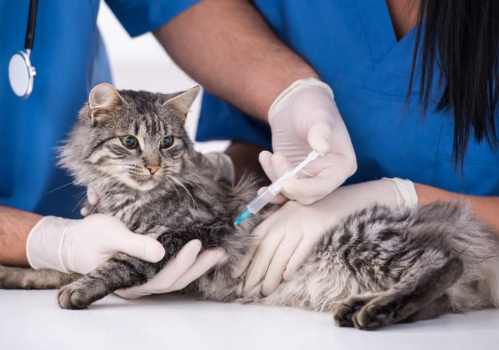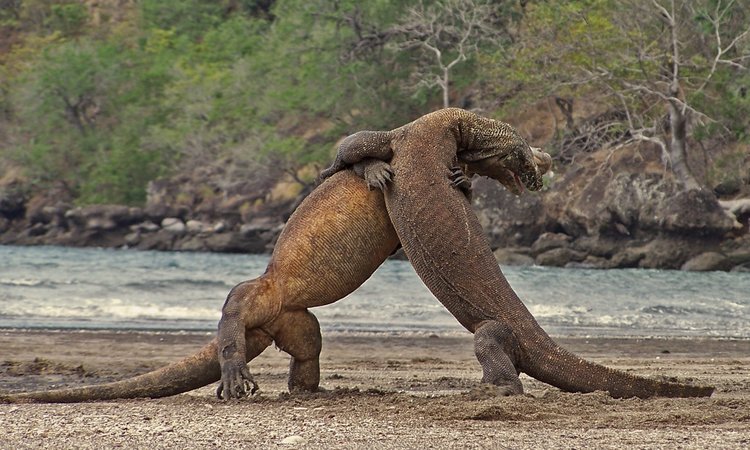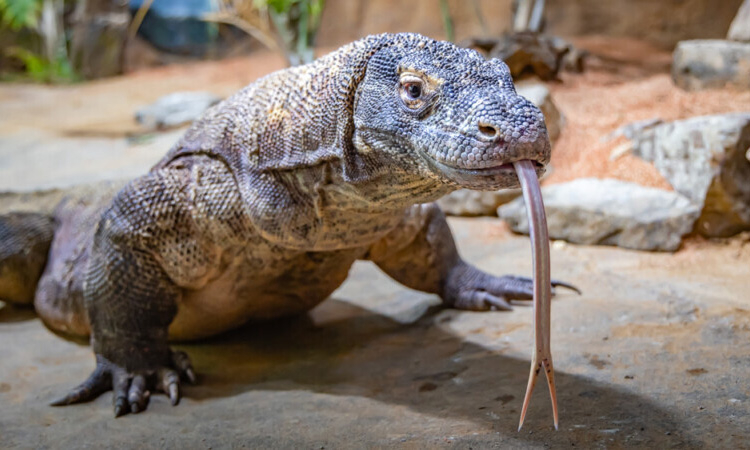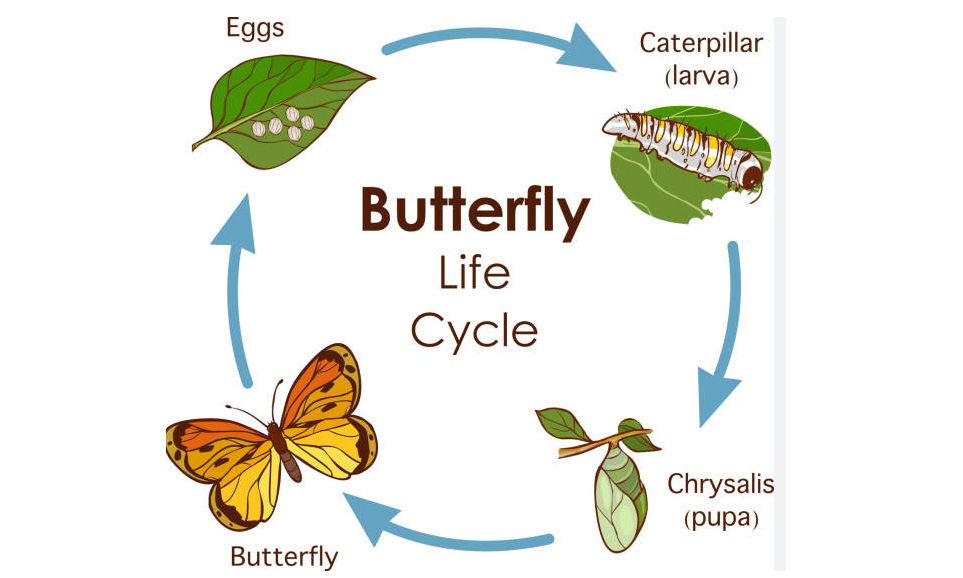Understanding FVRCP: A Vital Vaccine for Your Feline Friend
When it comes to ensuring our cats lead healthy, happy lives, vaccinations play a crucial role. One of the most important vaccines for cats is the FVRCP vaccine, which protects against several serious diseases. Understanding why this vaccine is important can help cat owners make informed decisions about their pets’ healthcare.
What Does FVRCP Stand For?
FVRCP is an acronym for Feline Viral Rhinotracheitis, Calicivirus, and Panleukopenia. These are three significant diseases that can affect cats. Feline Viral Rhinotracheitis (FVR) is caused by a herpesvirus and primarily affects the respiratory system. It can cause severe upper respiratory infections, leading to coughing, sneezing, and nasal discharge. Calicivirus (C) also affects the respiratory system but can lead to oral ulcers, making it painful for cats to eat or drink. Lastly, Panleukopenia (P), sometimes referred to as feline parvovirus, is a highly contagious disease that can cause severe gastrointestinal distress and is often fatal, especially in kittens.
Why Is FVRCP Important?
Vaccinating your cat with the FVRCP vaccine is crucial for several reasons. Firstly, it helps prevent the spread of these diseases, making communities safer for all cats. Many of these viruses can be transmitted easily through direct contact or even shared spaces, such as shelters or vet clinics. Secondly, vaccination is vital for younger kittens who are more susceptible to these infections. Kittens typically receive their first FVRCP vaccines around six to eight weeks of age, with boosters given during their first year, helping to build strong immunity as they grow.
Frequency of Vaccination
The FVRCP vaccine is typically given in a series, starting when a kitten is about six weeks old, and then receiving boosters every three to four weeks until they are around 16 weeks old. After the initial series, cats generally receive a booster shot every one to three years, depending on veterinary recommendations and local laws. Regular vaccinations not only protect individual cats but also contribute to the overall health of the cat population by reducing the chances of outbreaks.
Conclusion
Taking proactive steps in your cat’s health care, including regular vaccinations like FVRCP, can prevent many serious illnesses. Understanding the benefits of this vaccine helps you provide the best care for your feline friend. To ensure your cat is up to date on all vaccinations, consider scheduling a visit with your veterinarian today. Your cat’s health is worth it!




